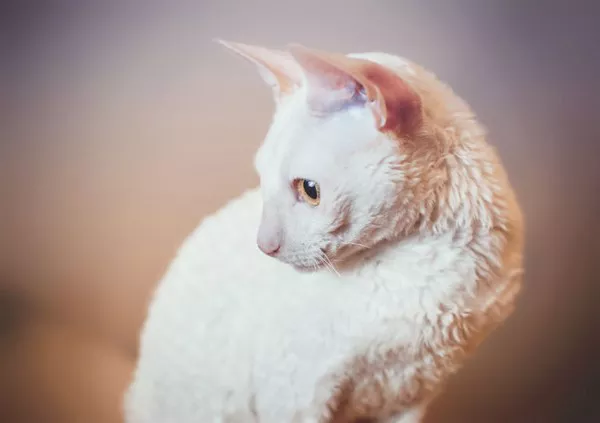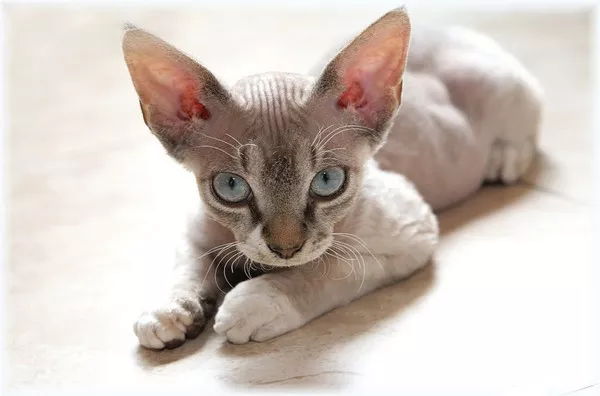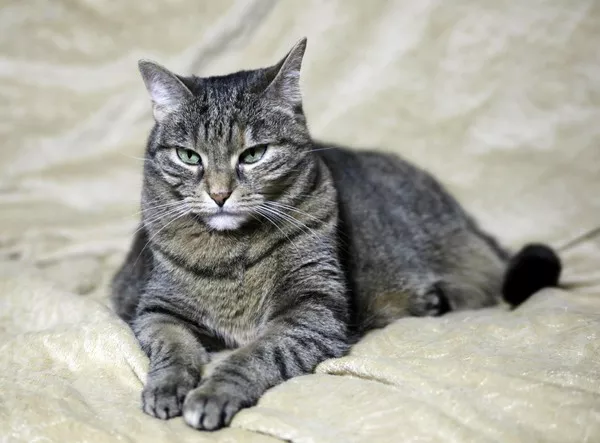Cornish Rex cats, known for their unique curly coats, slender bodies, and playful personalities, require a balanced diet to support their energetic lifestyles and maintain optimal health. Determining how often to feed Cornish Rex cats is essential for meeting their nutritional needs, promoting healthy digestion, and preventing obesity or other health issues. In this comprehensive guide, we explore the factors influencing feeding frequency, provide recommendations for feeding schedules, and offer tips for optimizing your Cornish Rex’s nutrition.
Understanding the Dietary Needs of Cornish Rex Cats
Unique Characteristics of Cornish Rex Cats
Cornish Rex cats possess distinctive physical characteristics, including their slender build, fine-boned structure, and short, curly coats. Despite their elegant appearance, Cornish Rex cats have high metabolisms and may require additional calories to support their active lifestyles. Providing a nutritionally balanced diet tailored to their specific needs is essential for promoting overall health and well-being.
Factors Influencing Feeding Frequency
Several factors influence the feeding frequency of Cornish Rex cats, including age, weight, activity level, metabolism, and individual dietary preferences. Kittens and young adults typically have higher energy requirements and may need to be fed more frequently than senior cats. Additionally, cats with medical conditions or special dietary needs may require customized feeding schedules tailored to their health status.
Establishing a Feeding Schedule for Cornish Rex Cats
Kitten Feeding Schedule
For Cornish Rex kittens, establishing a regular feeding schedule is crucial for supporting their growth and development. Kittens under six months of age may require feeding four to six small meals per day to meet their energy needs and promote healthy growth. As kittens transition to adulthood, the frequency of feedings can gradually decrease to two to three meals per day.
Adult Feeding Schedule
Adult Cornish Rex cats typically thrive on a feeding schedule consisting of two to three meals per day. Spacing meals evenly throughout the day helps regulate energy levels, prevents overeating, and promotes healthy digestion. Offering meals at consistent times each day can also help establish a routine and minimize behavioral issues related to food anxiety or insecurity.
Senior Feeding Schedule
As Cornish Rex cats enter their senior years, their nutritional needs may change, necessitating adjustments to their feeding schedule. Senior cats may benefit from smaller, more frequent meals to accommodate changes in metabolism, dental health, and digestive function. Consulting with a veterinarian to develop a tailored feeding plan based on the individual needs of your senior Cornish Rex is recommended.
Choosing the Right Diet for Cornish Rex Cats
Nutritional Requirements
Selecting a high-quality, nutritionally balanced diet is essential for meeting the dietary needs of Cornish Rex cats. Look for cat food formulations specifically designed for active breeds or indoor cats, as these may contain higher protein levels and essential nutrients to support muscle development, energy metabolism, and overall vitality.
Wet vs. Dry Food
Both wet and dry cat food can be suitable options for Cornish Rex cats, depending on their individual preferences and dietary needs. Wet cat food provides hydration and may be more palatable for cats with dental issues or picky appetites. Dry cat food offers convenience and can help support dental health by promoting chewing and reducing plaque buildup.
Raw or Homemade Diets
Some owners opt to feed their Cornish Rex cats raw or homemade diets, believing it offers greater control over ingredients and nutritional content. However, it’s essential to consult with a veterinarian or feline nutritionist to ensure the diet is balanced, complete, and meets all of the cat’s nutritional requirements. Proper handling, storage, and preparation of raw ingredients are also critical to minimize the risk of foodborne illness.
Tips for Feeding Cornish Rex Cats
Monitor Body Condition
Regularly monitoring your Cornish Rex cat’s body condition is essential for assessing their nutritional status and overall health. Aim to maintain a healthy body weight and body condition score by adjusting portion sizes or feeding frequency as needed. Consult with a veterinarian if you notice significant changes in your cat’s weight, appetite, or energy levels.
Provide Fresh Water
In addition to a balanced diet, providing access to fresh, clean water is essential for promoting hydration and supporting overall health in Cornish Rex cats. Ensure water bowls are replenished regularly and placed in easily accessible locations throughout the home. Cats may prefer running water or water fountains, which can encourage increased water intake.
Avoid Free-Feeding
While free-feeding, or leaving food out continuously for cats to graze on, may seem convenient, it can lead to overeating, obesity, and disrupted feeding behaviors in Cornish Rex cats. Instead, offer measured portions of food at designated meal times to regulate calorie intake and promote healthy eating habits. This also allows you to monitor your cat’s appetite and detect any changes in feeding behavior.
Conclusion: Nurturing Your Cornish Rex’s Health Through Balanced Nutrition
In conclusion, determining how often to feed your Cornish Rex cat requires consideration of various factors, including age, weight, activity level, and dietary preferences. Establishing a regular feeding schedule and providing a nutritionally balanced diet tailored to your cat’s individual needs is essential for promoting optimal health and well-being. By prioritizing proper nutrition, monitoring body condition, and implementing feeding best practices, you can ensure your Cornish Rex enjoys a long, healthy, and happy life as a cherished member of your family.



























